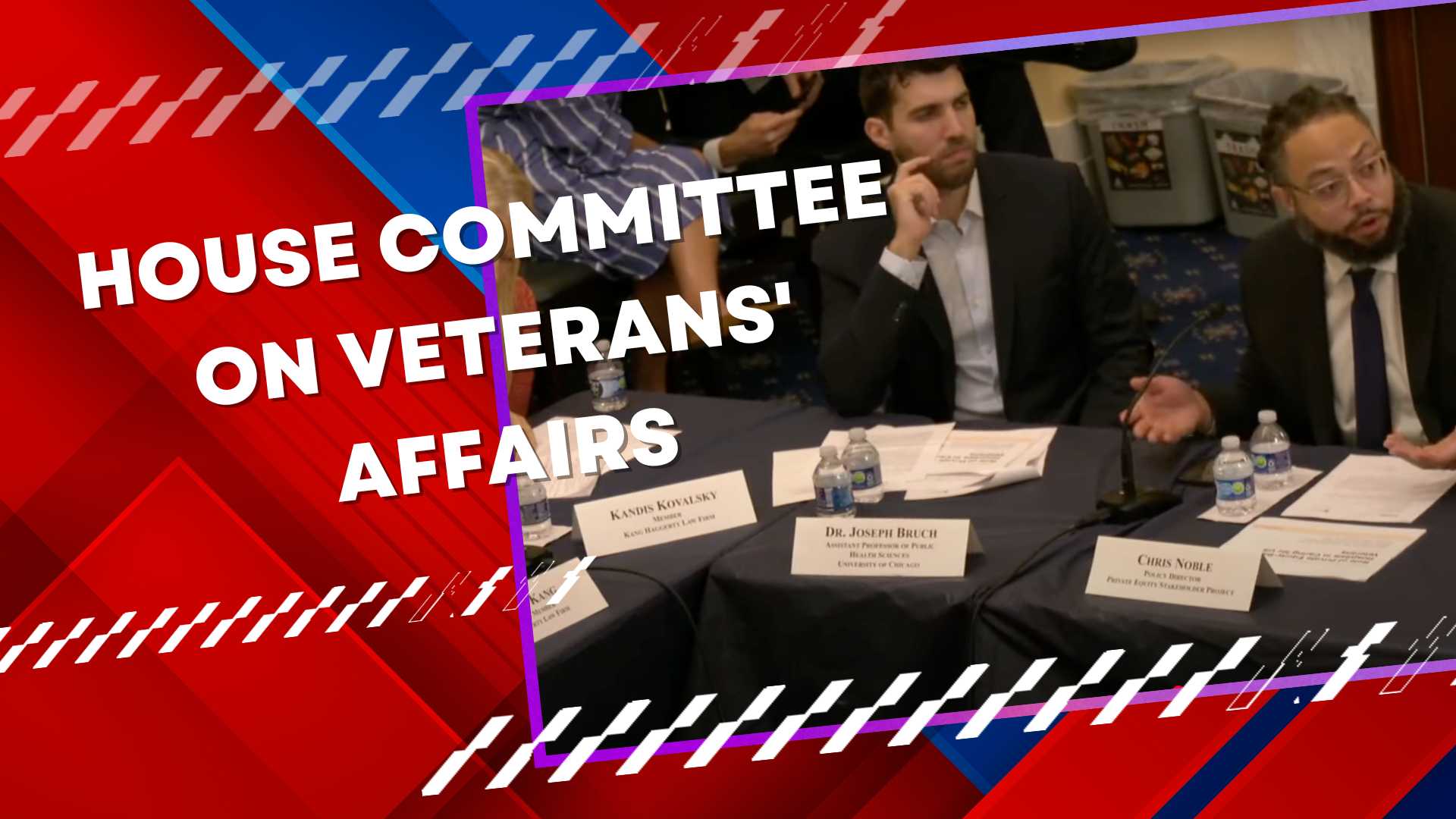
PESP contributes expertise to Congressional roundtable on PE impacts on veteran healthcare
October 7, 2025
Washington, D.C. | September 9, 2025
The Private Equity Stakeholder Project (PESP) joined lawmakers and policy experts on Capitol Hill for a roundtable hosted by the House Committee on Veterans’ Affairs Democrats titled “Profit Over Quality: Examining the Effects of Private Equity on Veteran Healthcare.”
The discussion explored how profit-driven investors are reshaping care for veterans who rely on the Community Care Network (CCN)—a system that allows veterans to receive healthcare from private providers outside the VA. Participants examined how private equity’s focus on short-term financial returns can undermine care quality, reduce transparency, and increase costs for veterans, taxpayers, and the VA itself.
Representing PESP, Chris Noble, Policy Director, highlighted the critical need for greater transparency and accountability in private equity’s healthcare ownership structures.
“Opacity is a major problem when you’re looking at private equity ownership of healthcare entities,” Noble said during the roundtable. “We’ve mostly looked at hospitals and nursing homes in the Medicare context, but I’m sure there are parallels here. It’s often difficult to even find out who these providers are. CMS might actually offer some inspiration— a few years ago, they finalized a rule about nursing home transparency. The Medicare enrollment application requires any entity taking Medicare dollars to disclose ownership and management relationships. That same kind of ownership disclosure could be applied to providers in the Community Care Network.”
Noble also emphasized that a lack of transparency allows private equity firms to avoid responsibility for the harm caused by their portfolio companies:
“Part and parcel with a lack of transparency is a lack of accountability,” he said. “We’ve seen lawsuits over Medicare fraud and antitrust violations where the healthcare company is named but the private equity owner walks away unscathed. When these firms push portfolio companies toward risky or unethical behavior, there should at least be a presumption that the private equity firm shares responsibility. They shouldn’t be able to escape accountability just because they hide behind limited liability structures.”
Noble added that similar ownership-disclosure and oversight requirements used by the Centers for Medicare & Medicaid Services (CMS) could serve as a model for VA-connected care, ensuring that companies profiting from taxpayer dollars are held to the same transparency standards as other healthcare providers.
The roundtable reflects growing bipartisan concern over private equity’s rapid expansion into healthcare and its implications for veterans’ access to care. Lawmakers expressed interest in developing stronger disclosure requirements and accountability measures to prevent profiteering from undermining veterans’ health outcomes.
🎥 Watch the full roundtable here:
